Rebuilding Türkiye
New financing from IFC aims to support businesses and boost recovery in the country’s shattered earthquake region
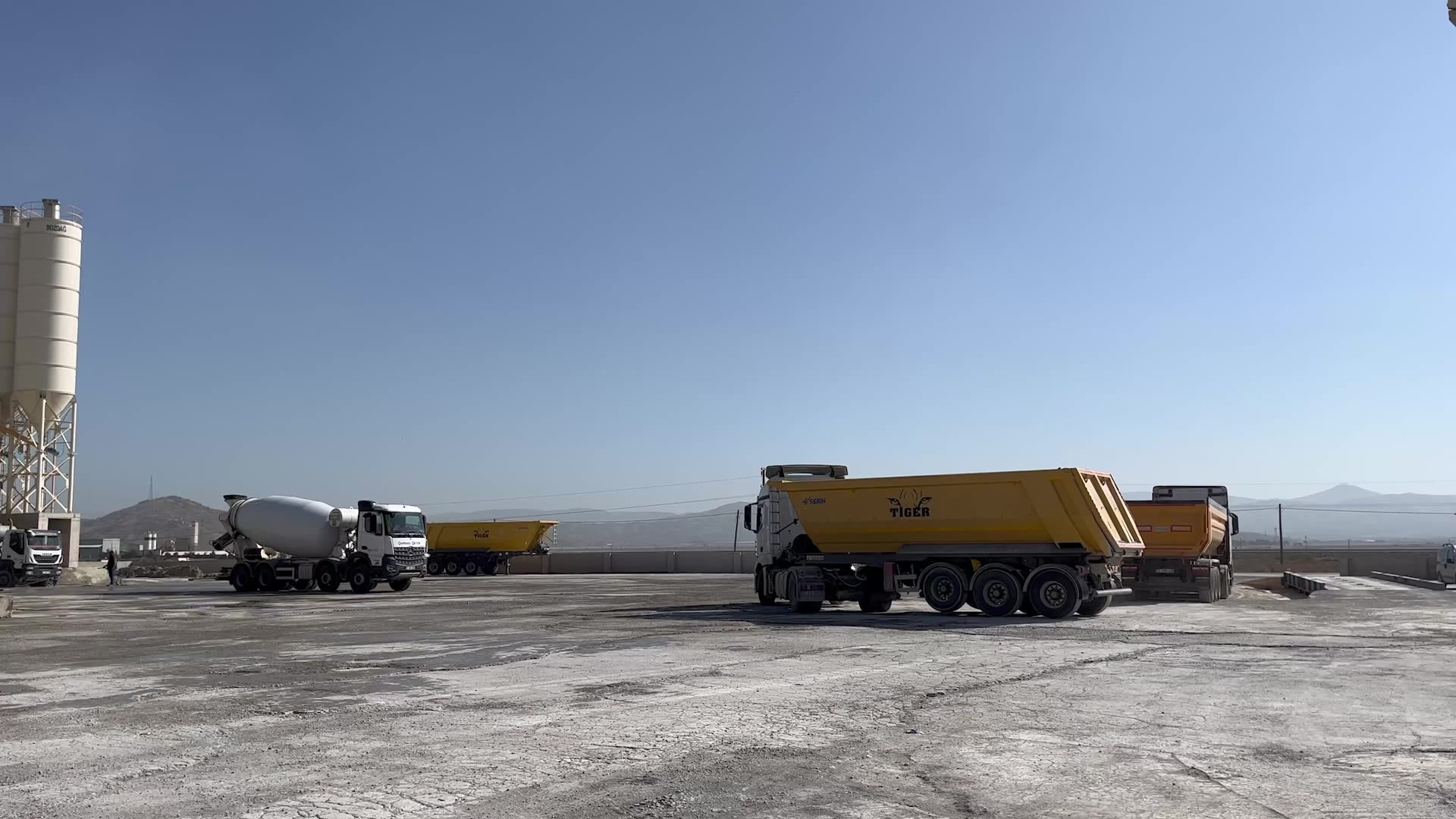
Gaziantep, in Türkiye’s south-central region—a sprawling, densely populated metropolis dotted with olive groves and orchards, and a key center of trade and commerce since ancient times. Famed for its pistachios, baklava and buzzing café culture as much as its rich, eclectic history, it is one of the oldest continually inhabited cities in the world.
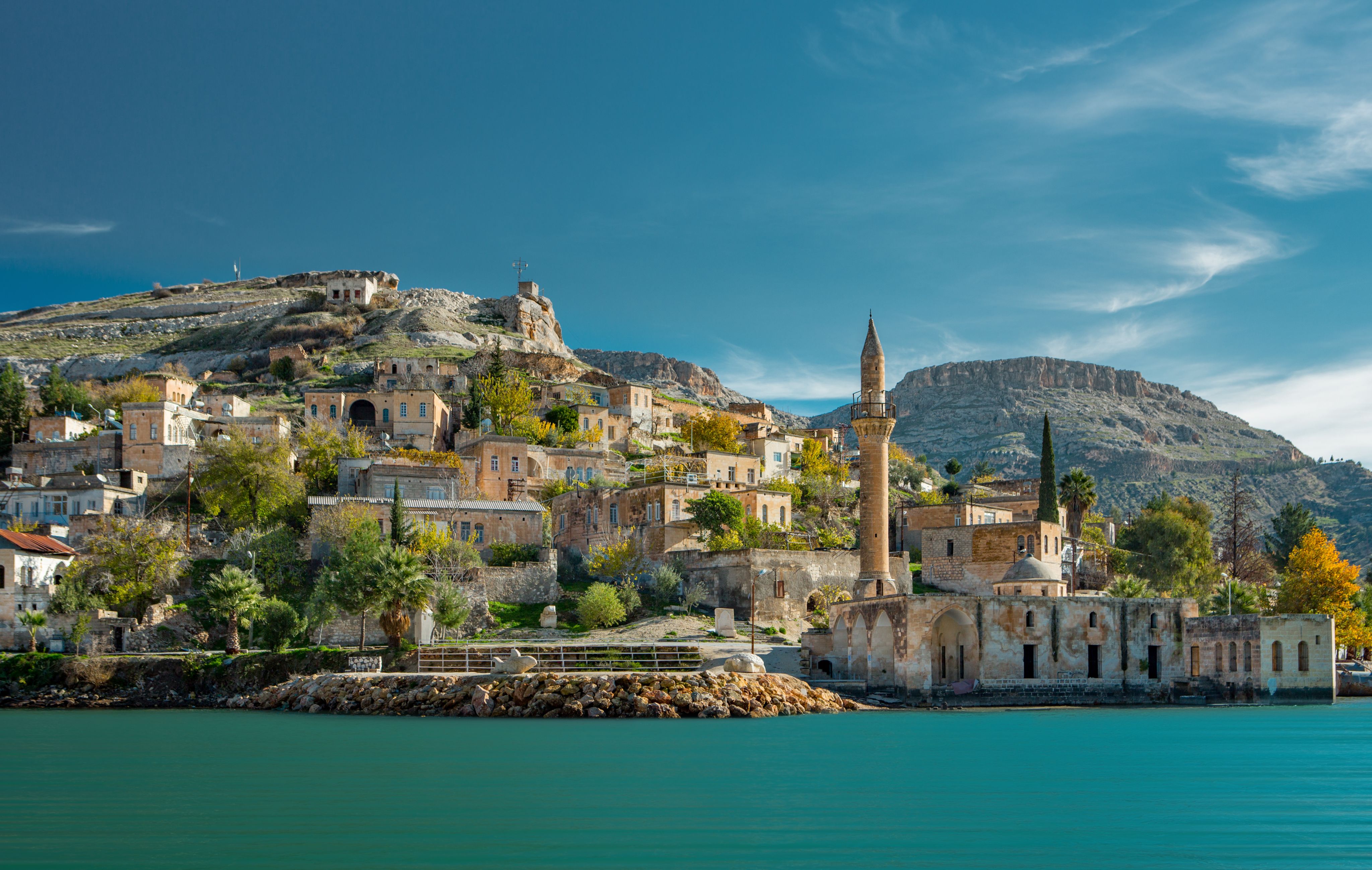


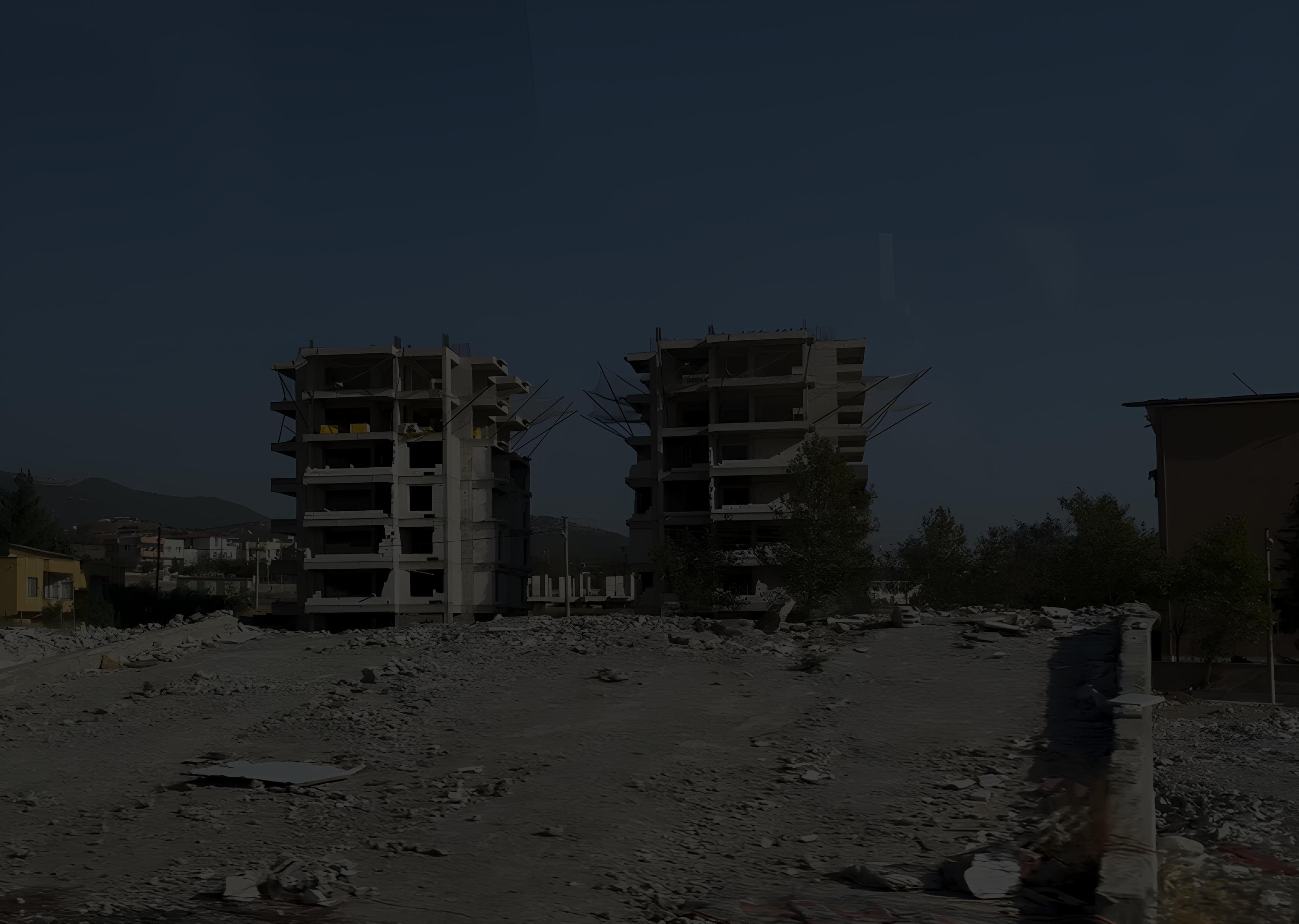
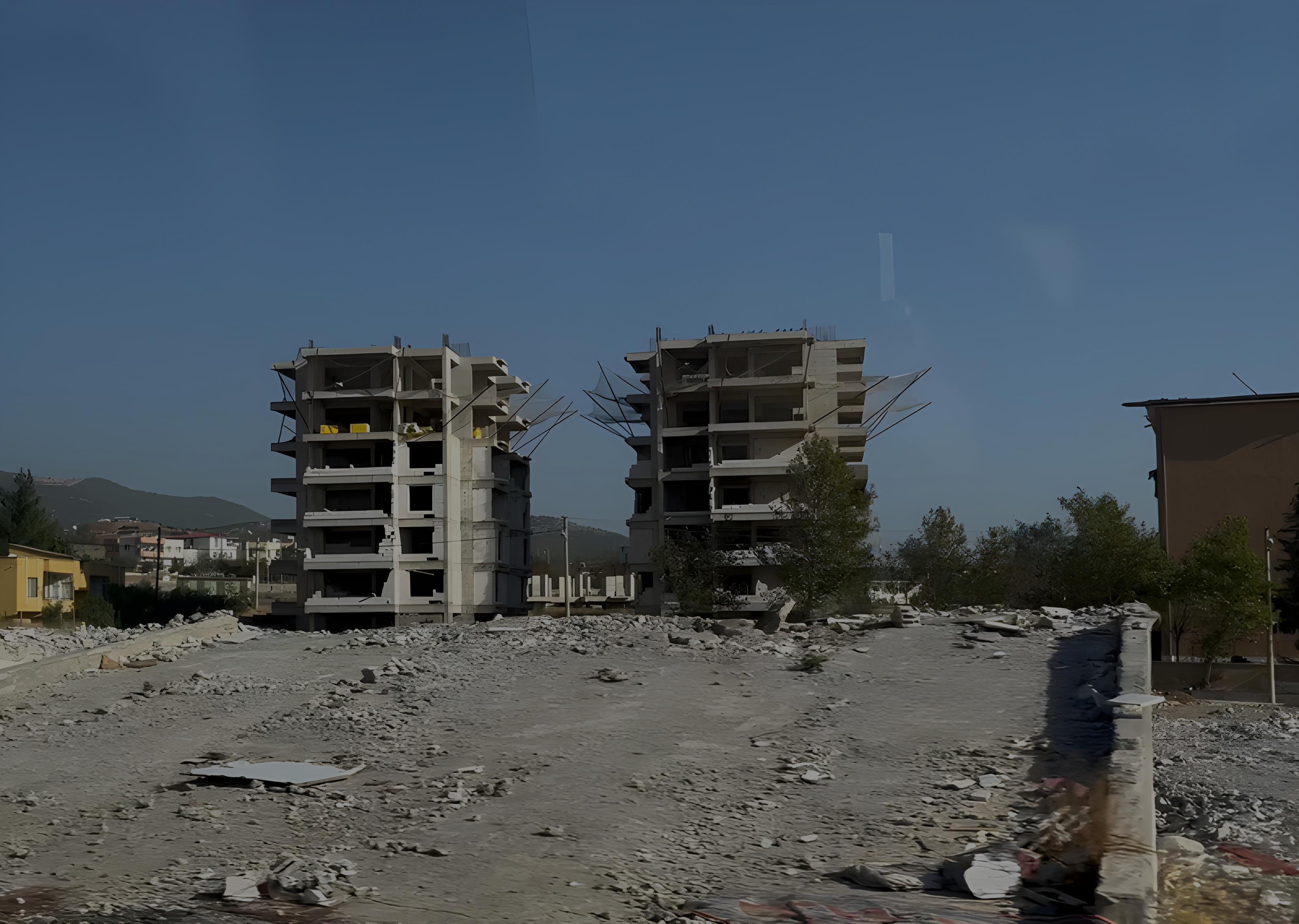
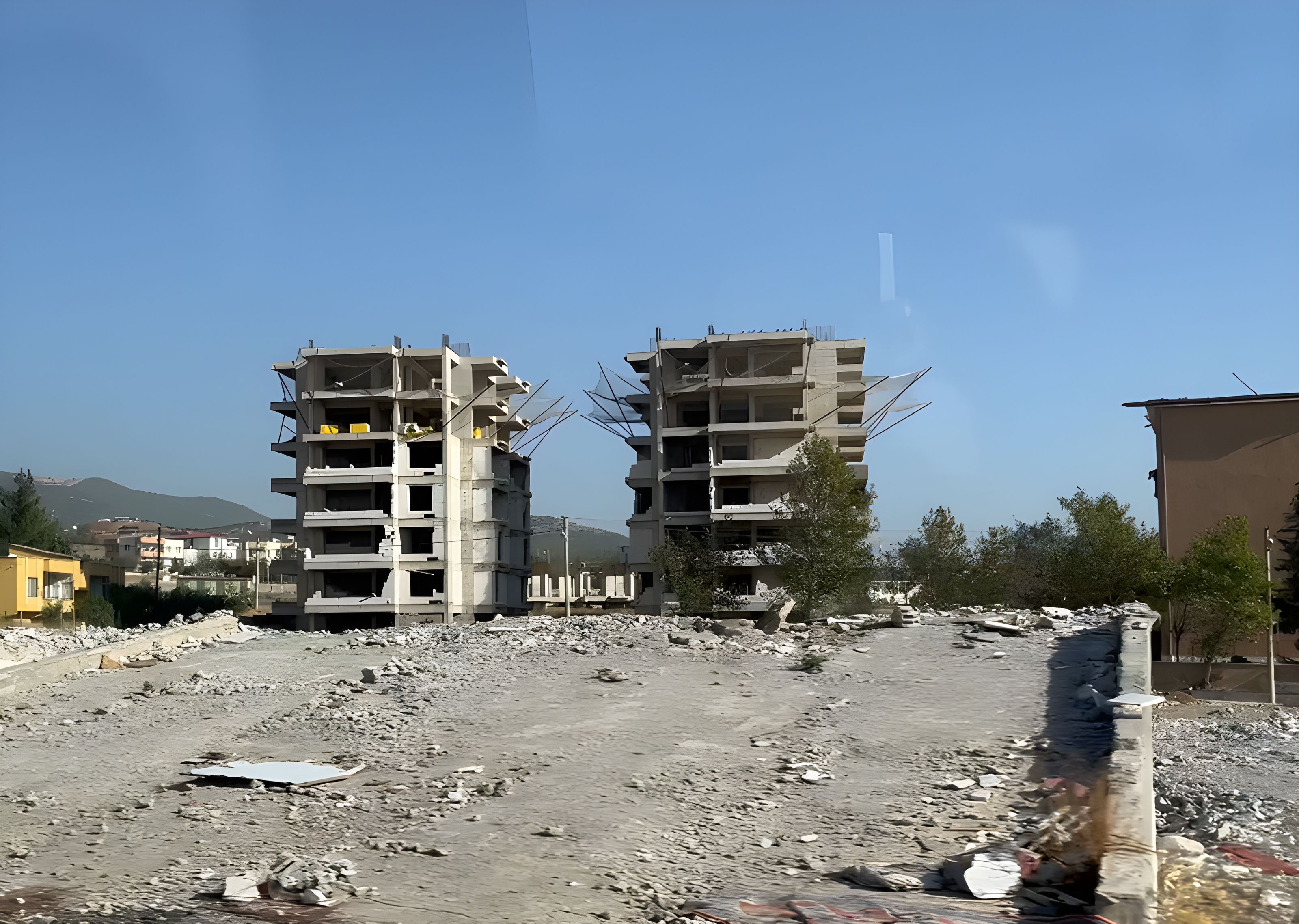
Exactly one year ago, however, tragedy struck.
Over

DEAD
Nearly

homes damaged or destroyed
Gaziantep was near the epicenter of the deadly earthquakes that hit Türkiye’s southern region, leaving a trail of devastation across 11 provinces stretching from Hatay to Şanlıurfa—an area roughly the size of Germany. The twin 7.8 and 7.5 magnitude quakes are estimated to have killed more than 50,000 people and damaged or destroyed nearly 2 million homes.
The impact on the region’s economy has been devastating. The World Bank has estimated a cost of $34.2 billion, the equivalent of 4 percent of the country’s 2021 GDP, in physical damages—including to the region’s roads, airports, pipelines, and key infrastructure like Iskenderun, Türkiye’s largest port. Recovery and reconstruction costs are likely to be much higher.
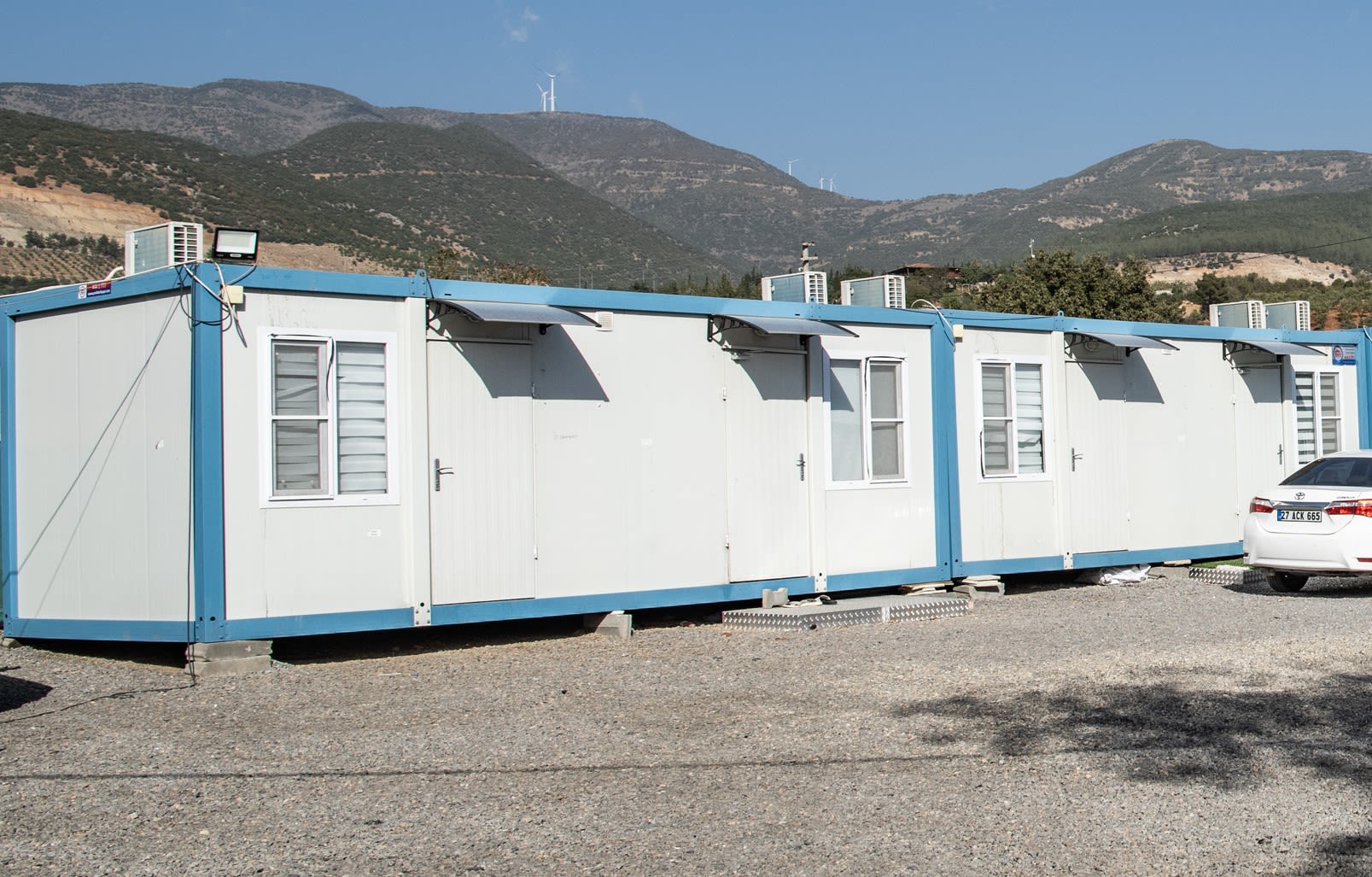
Temporary shelters that still accommodate many people after the earthquake. Photo: Pınar Gedikozer.
Temporary shelters that still accommodate many people after the earthquake. Photo: Pınar Gedikozer.
One year on, the scale of the recovery remains immense. While nearly all of the rubble has now been cleared, thousands remain in temporary accommodation and many others have been forced to leave. Amid damaged and destroyed streets, empty spaces now mark the sites where buildings–from apartment blocks to industrial facilities–once stood.
Despite the devastation, the resilience of residents and their determination to rebuild their lives and cities is clear. Cem Tüfekçi, who heads the Earthquake Task Force at TÜSİAD, the Turkish Industry and Business Association, says the support of local governments, companies, NGOs, and development partners will be vital to help them.
“Many cities will have to be rebuilt from scratch, which is a multidimensional and multilayered process. Building safety, strong infrastructure for utilities and energy, and a green and digital transformation should be included in this. Economic life and formal employment need to be revitalized in the region,” he says.
This is how IFC is working to help the recovery:
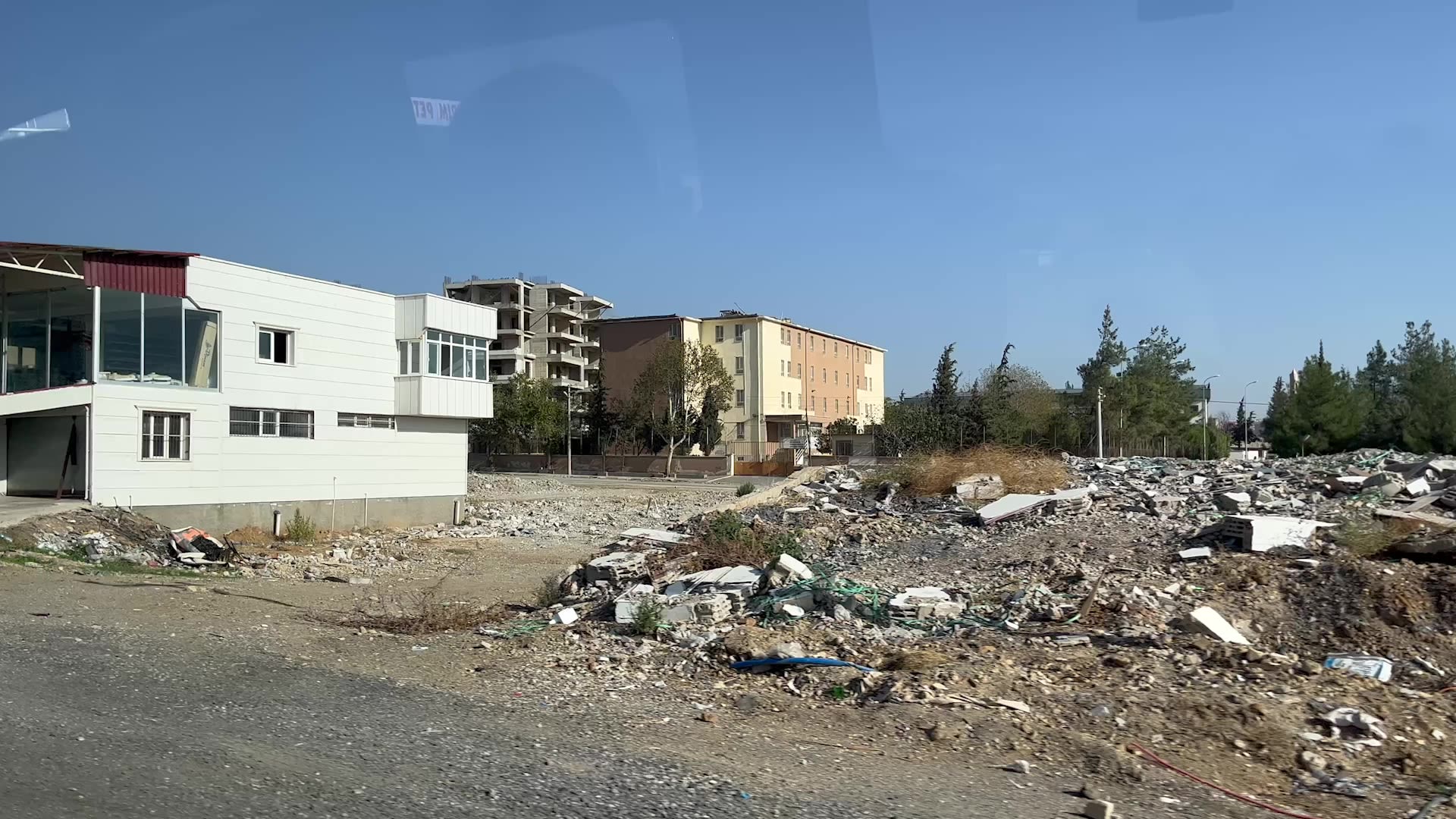
Bolstering smaller businesses
For the micro and smaller businesses that made up the majority of private businesses in the region, times are especially tough. Nearly a quarter—some 110,000 micro, small and medium enterprises, or MSMEs—are estimated to have been impacted by the quakes at some level.
In total, the region’s micro and smaller businesses account for nearly 350,000 jobs, often providing the main source of employment for poorer households. But the combination of inadequate access to funding—a struggle for smaller businesses even in normal times—an exodus of workers, and damage to core infrastructure has left many struggling to survive.
Ertan Üğüdür, for example, owns the packaging company Atasan Ambalaj in Gaziantep, which employs 88 people. He said that while the company’s premises remained largely intact, the earthquakes threw off the calibration of all the printing machines inside.
“Getting the machines working correctly again took a lot of time and energy, so we weren’t able to operate for several months. Also, many of our workers’ homes were unsafe to live in. We turned the factory into a shelter and kitchen for them, so they camped there for several weeks.”
To help these companies rebound, IFC provided a $530 million financing package in December-one of its largest ever to financial institutions in Türkiye-which included up to $220 million mobilized from international financial and development institutions.
The funds will be channeled to smaller businesses through five leading Turkish private banks-all long standing IFC partners. Many lost staff in the earthquakes. Some are still operating from temporary shipping containers.
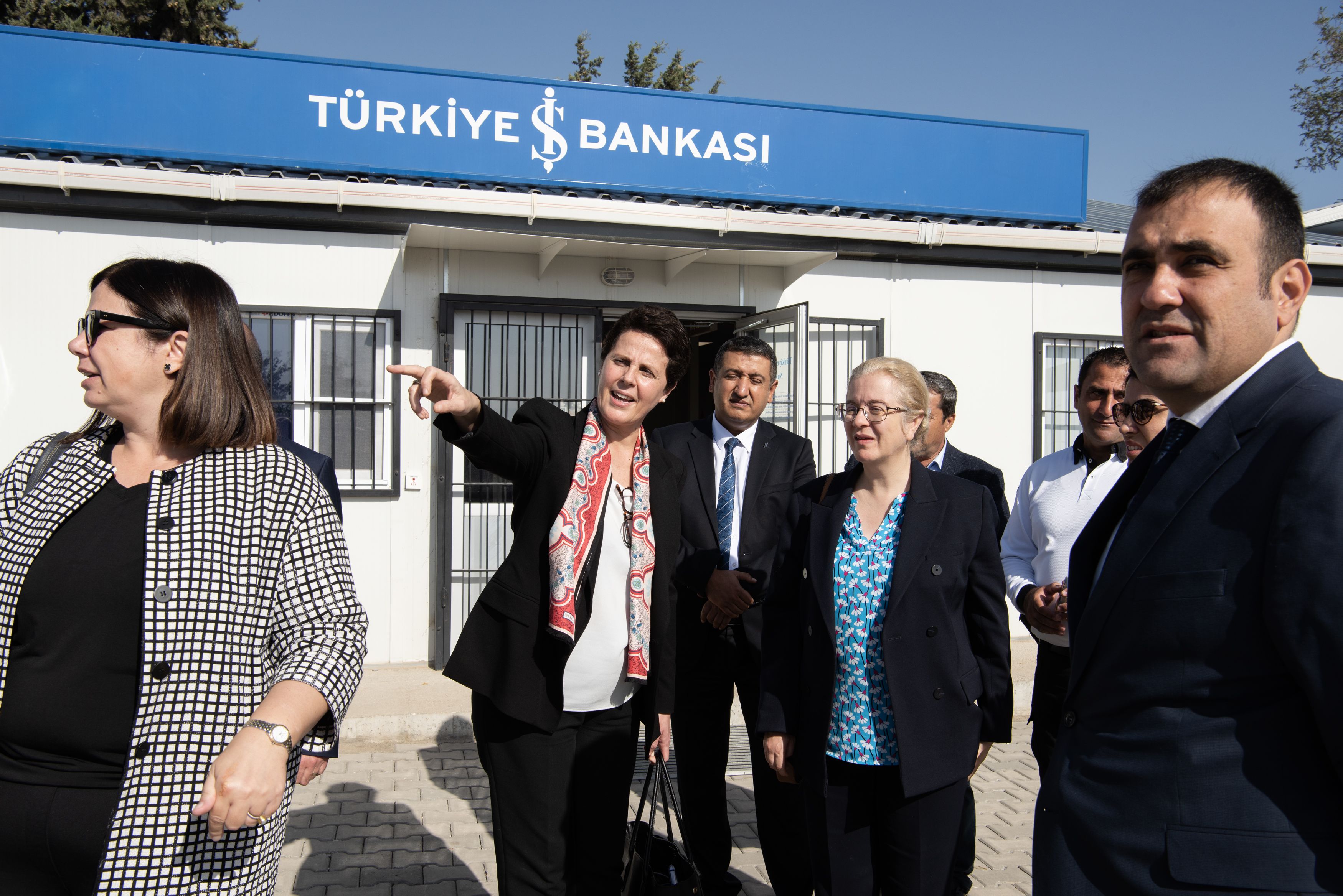
IFC Regional Vice President Hela Cheikhrouhou visits a temporary location of a partner bank. Photo: Pınar Gedikozer.
IFC Regional Vice President Hela Cheikhrouhou visits a temporary location of a partner bank. Photo: Pınar Gedikozer.
The banks comprise Akbank, which received $71 million; DenizBank - $119.5 million; QNB Finansbank - $109.5 million; Türkiye İş Bankası - $150 million; and Yapi Kredi Bankasi - $80 million.
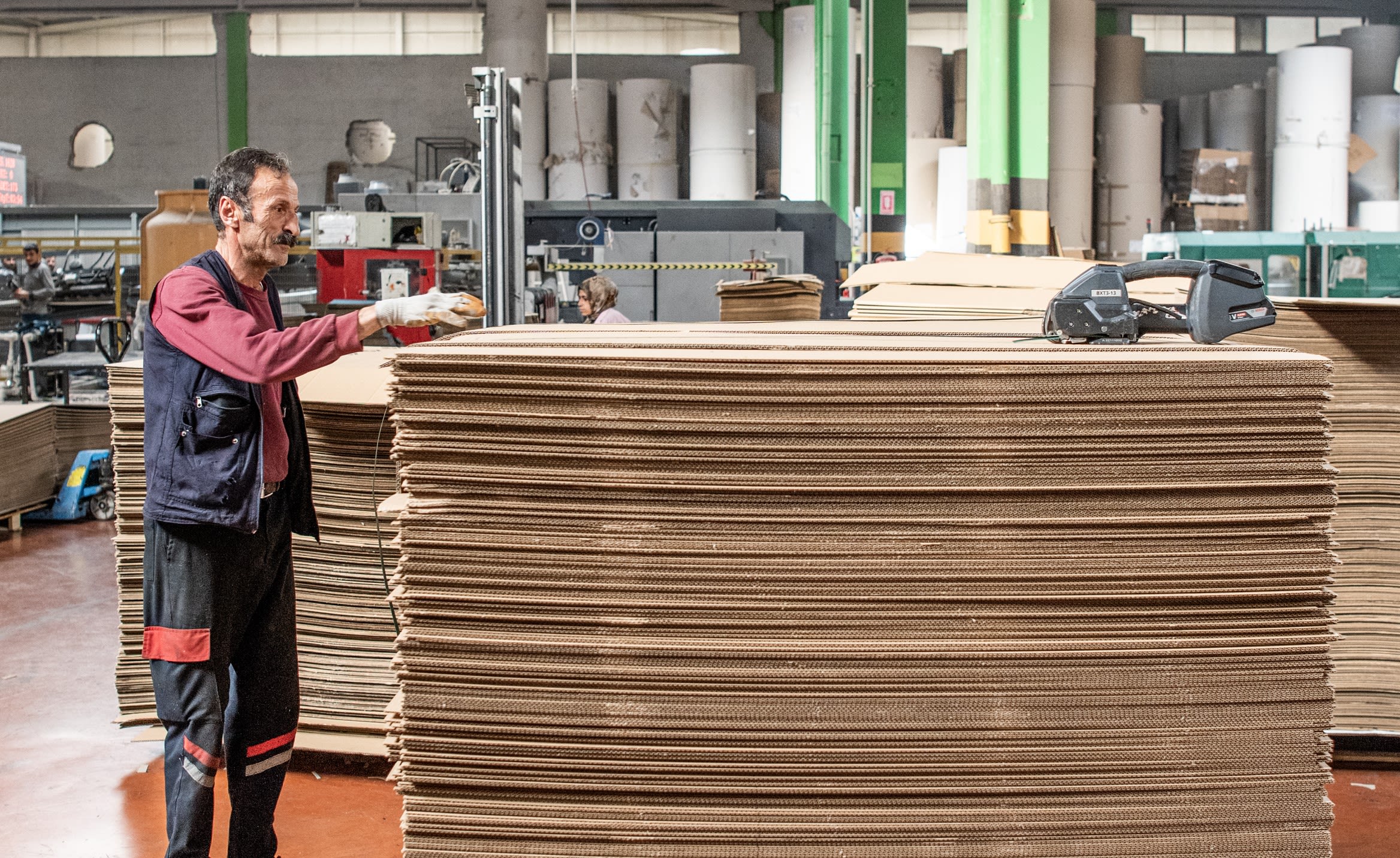
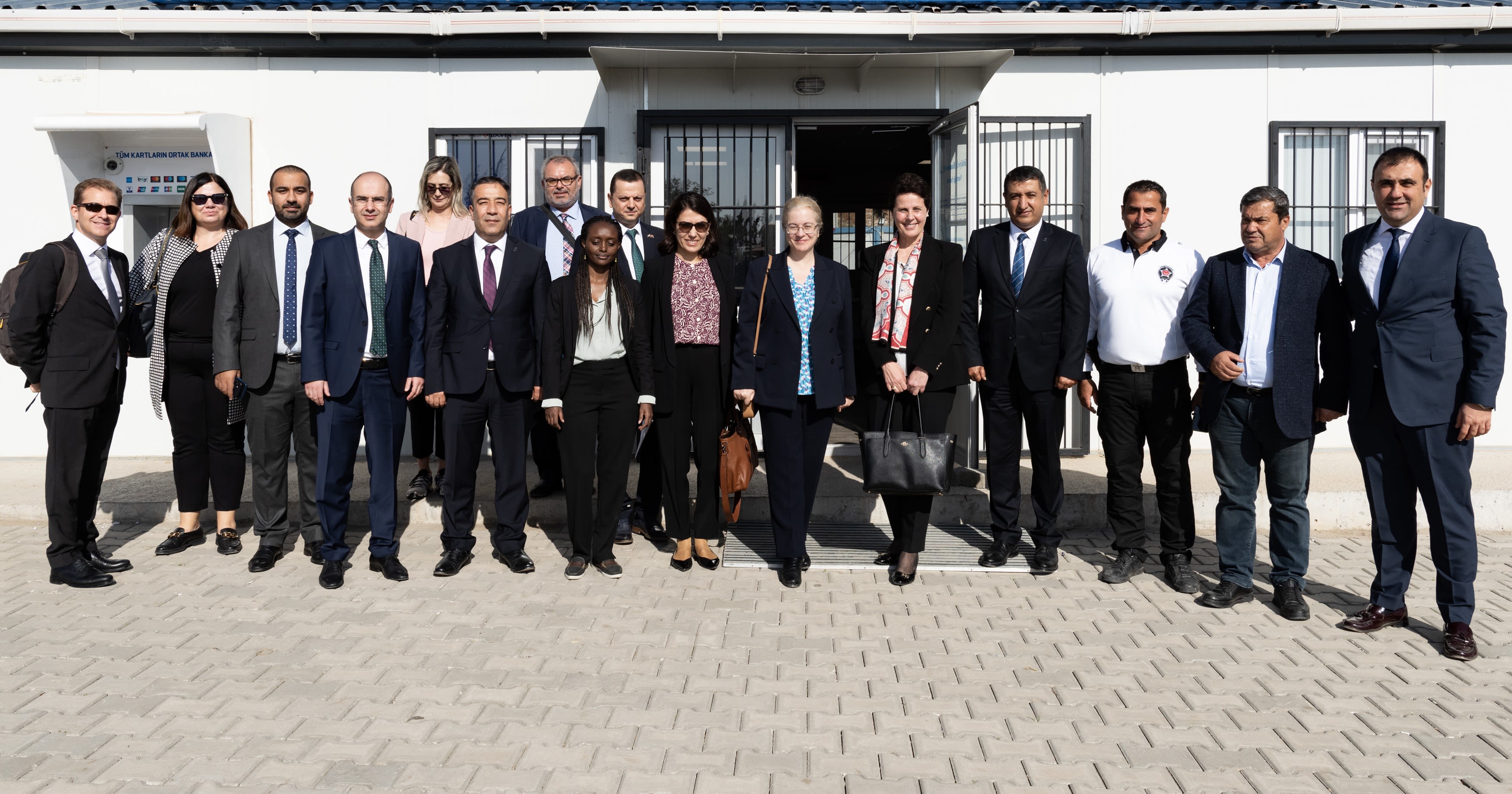
“Smaller businesses drive growth and innovation and create jobs, but they are disproportionately vulnerable to natural disasters. With households and other businesses relying on the jobs they create and services they bring, getting them working again is critical."
Building back better

Founded in Gaziantep 120 years ago, leading local industrial group Sanko Holding is the area’s largest employer, with around 15,000 employees in companies spanning textiles, energy production, packaging, finance, health, and education, among others.
Although there was no significant damage to Sanko premises, the group lost 31 members of staff in the earthquakes. They have since mobilized all their resources to support the recovery efforts, including housing thousands of citizens, providing thousands of hot meals, joining search and rescue efforts, and transforming storage facilities into aid warehouses.

IFC Regional Vice President Hela Cheikhrouhou meeting with the Sanko Management Team. Photo: Pınar Gedikozer.
IFC Regional Vice President Hela Cheikhrouhou meeting with the Sanko Management Team. Photo: Pınar Gedikozer.
IFC is now providing a $150 million green loan to the company to help it ‘build back better’ following the earthquakes by constructing new green-certified, energy-efficient manufacturing facilities, among other initiatives. As well as boosting competitiveness, the funding is expected to create an additional 1,400 direct and 4,000 indirect jobs, largely in the quake-affected regions.
Adil Sani Konukoğlu, Chairman of Sanko Holding, said the project highlighted the group's commitment “to supporting sustainable growth, after these two devastating earthquakes in our hometown. It will expedite our transition to a circular economy model and contribute to the region’s recovery as well as our own sustainability journey."
The funding is earmarked for three Sanko manufacturing companies. Sanko Textile specializes in sustainable yarn and fabric manufacturing, including spinning, circular knitting, dyeing, and printing. IFC’s funding will enable the company to build a new green-certified spinning mill and recycling facility. That will support it in becoming the leading global producer of recycled fibers and generating up to 40 percent of its energy needs from renewable sources.
Sanko’s Super Film is one of Europe’s leading producers of flexible film, a product used extensively in industrial packaging. IFC’s funding will enable the company to build a green-certified manufacturing facility, to help increase its use of renewable resources. The company will also be able to focus on producing more specialty products with more recycled content.
Çimko, Sanko’s cement producer, which exports its cement and clinker products around the world, will also use the funds to boost its energy efficiency and increase its use of renewables and alternative fuels. The aim is to decrease its carbon footprint and improve energy sustainability.
Cheikrouhou says the twin funding packages to Sanko and the banks are part of a coordinated World Bank Group effort to overcome the extensive impact of the earthquakes, and help the region recover.
IFC aims to deploy approximately $1 billion over the next two years to support relief and reconstruction efforts, channeling funding through longstanding private partners in the financial, manufacturing, and infrastructure sectors.
“Türkiye's people displayed extraordinary resilience in the face of these terrible events a year ago," she says. "IFC aims to continue to support the country’s recovery by tapping into its remarkable entrepreneurial spirit to drive strong and sustainable private sector-led growth.”
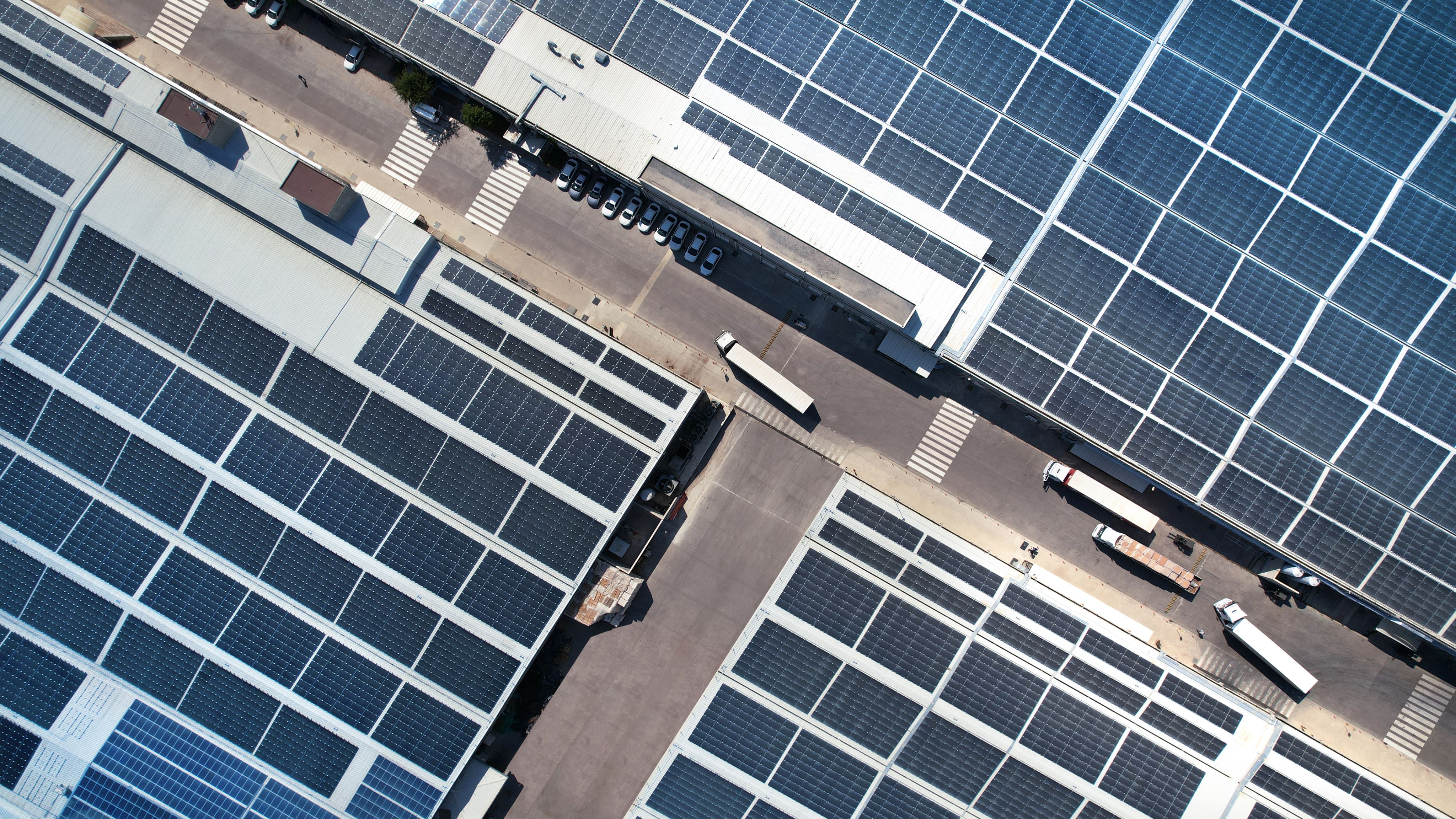
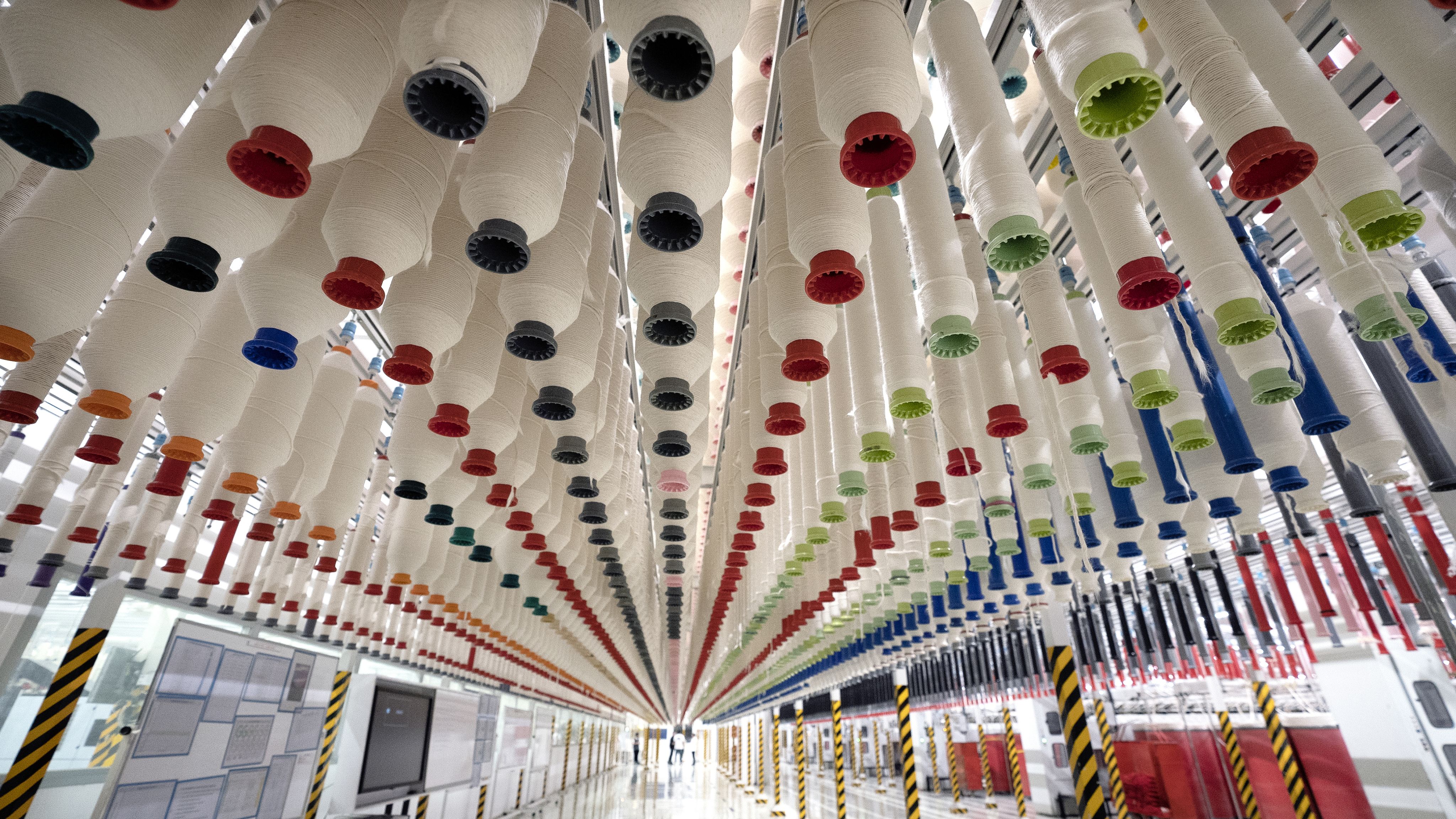
Published February 2024
